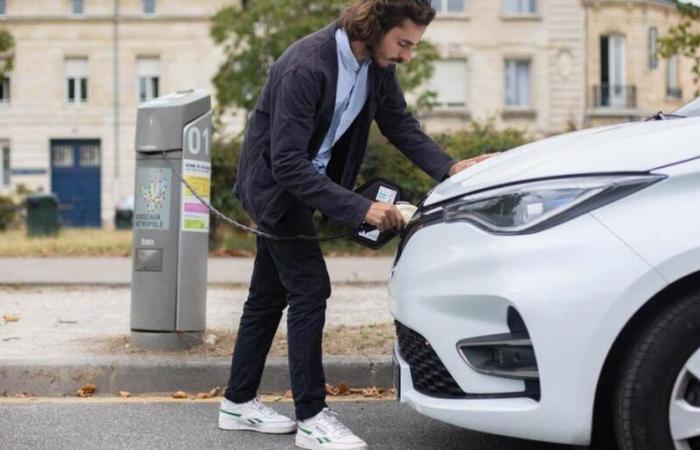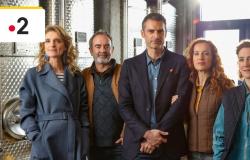
The unstable political situation following the dissolution of the National Assembly, decided in June by President Emmanuel Macron, significantly slowed down the market, after a start to the year marked by an increase in sales. Despite a final rebound in December, new car registrations fell by 3.2% in 2024. This is even 22% less compared to 2019, the last year before the Covid-19 pandemic.
Decline in electric car sales
Sales of electric vehicles, which previously experienced a phenomenal rise, have this time declined. They had jumped 47% in 2023 compared to the previous year. In 2024, they fell by 2.2%, despite the implementation of social electric leasing.
The share of electric cars in sales remained stable, at 16.9% of the market, which is “a huge problem […] because to meet the 2025 objectives, we will have to sell many more electric vehicles,” explained Marc Mortureux, general director of the Automobile Platform (PFA), which represents manufacturers and large equipment suppliers in the sector.
According to him, if manufacturers want to adapt to European standards on CO2 emissions, called CAFE, the share of sales of electric vehicles will have to reach 22% in 2025, compared to barely 17% today. “The jump is very important,” he noted.
Buyers could also be slowed down by the reduction in purchase bonuses (from 4,000 to 2,000 euros for households with a reference tax income greater than 26,200 euros per unit), decided by the Barnier government in a context budgetary rigor.
Success of the R5
Sales of hybrid vehicles, on the other hand, held up well and represented 42.8% of the total. “The hybrid works very well. For the first time in December, this engine represents 51% of the market,” underlined Marc Mortureux.
Sales of electric automobiles are unlikely to recover in the short term. “The first buyers have equipped themselves and the others are more skeptical,” according to Olivier Varlez, president of the Peugeot dealer group.
The brands are banking in particular on the arrival of new entry-level electric models, such as the Citroën C3 or the Renault 5, to boost sales. The R5 is also enjoying some success and is “following the Tesla Model Y” in terms of the number of units sold, noted Marc Mortureux.
Among the best-selling models, the Clio 5 won the prize in 2024, with 91,435 units sold, just ahead of the Peugeot 208. Toyota places two of its models in the top 10, demonstrating the progress of the Japanese manufacturer in France where it gains market share.
Chinese hybrid cars
Conversely, Stellantis (Peugeot, Citroën, etc.) is declining while Renault is holding its ground. Chinese brands have experienced a slowdown with the implementation of European customs banners on electric vehicles. But “at the end of the year, we saw Chinese brands come back thanks to hybrid vehicles which are not affected by customs duties,” noted Marc Mortureux.
The depression in the new car market is not unique to France. It has already had initial consequences on factories, which are designed for much larger volumes.





